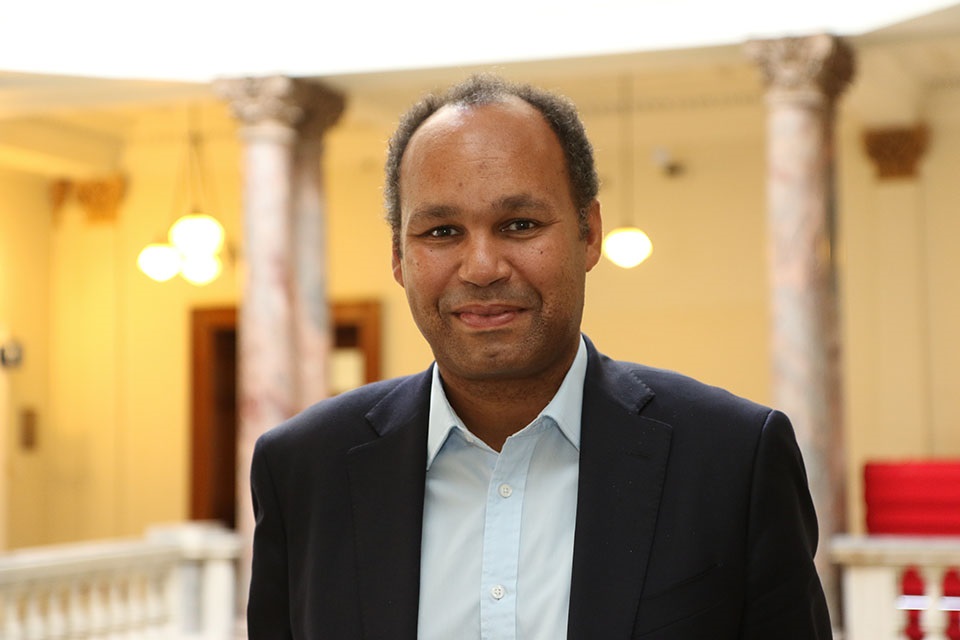Recognising the importance of open, transparent, predictable international trade systems: UK statement at UN Second Committee
UK statement on International Trade and Development delivered at UN Second Committee

Thank you, Madam Chair
We would like to thank Royston Alkins of Guyana for his work facilitating this resolution, and Felipe Costa of Brazil and Dinushi Rupathunga of Sri Lanka for proposing it on behalf of the G77+China.
We reluctantly called a vote on part of this resolution to highlight that we are unable to endorse language on unilateral sanctions in OP25, but we are pleased to join consensus on the broader adoption of this resolution.
The UK recognises that an open, transparent and predictable international trade system helps countries to grow their economies, create decent jobs, raise incomes, and lift people out of poverty.
We are pleased that this resolution acknowledges progress made at the twelfth Ministerial Conference of the World Trade Organisation earlier this year, on global food security, pandemic preparedness, the TRIPS Agreement, and fisheries.
We are also pleased it includes a UK proposal recognising efforts to extend preferential market access to a larger number of developing countries.
The UK’s Developing Countries Trading Scheme will come into effect in early 2023, and aims to support sustainable growth in developing countries through reducing tariffs, liberalising rules of origin requirements, and simplifying other conditions.
It will apply to Least Developed Countries and other low-income and lower-middle income countries with whom the UK does not yet have Free Trade Agreements.
Madam Chair,
I regret we cannot endorse language on sanctions in OP24 of this resolution, which is why we called for a paragraph vote.
The UK and others use autonomous sanctions to deter, constrain, signal against, and change egregious behaviour of individuals and entities around the world, including serious human rights violations, weapons proliferation, and corruption.
These sanctions are carefully targeted, and provide for exceptions and licensing grounds to support humanitarian assistance.
The UK has recently issued General Licences to provide more clarity for humanitarian providers, so that food and fertiliser can meeting acute global demand. We also recently supported the US/Ireland initiative to introduce specific humanitarian provisions across all UN sanctions regimes.
We look forward to continuing to work with developing countries to strengthen international trade which can support sustainable development and progress towards achieving the SDGs.
Thank you